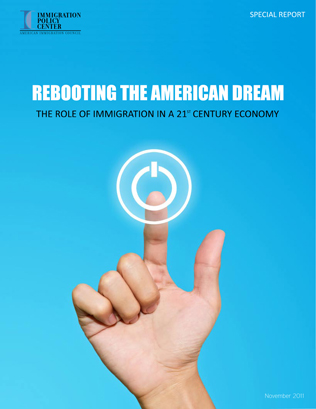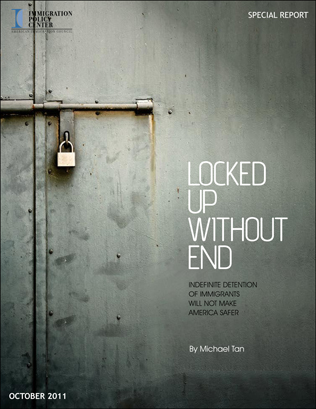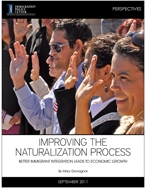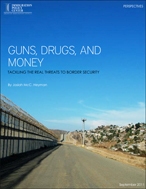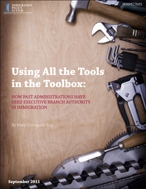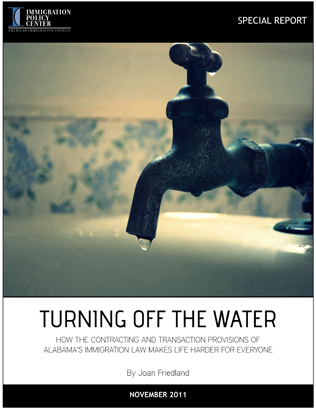 Turning Off the Water: How the Contracting and Transaction Provisions in Alabama's Immigration Law Make Life Harder For Everyone
Turning Off the Water: How the Contracting and Transaction Provisions in Alabama's Immigration Law Make Life Harder For Everyone
By Joan Friedland
Since passage of HB 56, Alabama’s extreme new immigration law, many are aware of the most immediate consequences of the law—rotting tomatoes, racial profiling, and frightened school children. However, two provisions of the law that have the potential to be extremely damaging to the state’s economy, rule of law, and municipal functioning have received comparatively little attention. These two provisions have been in effect since September 30,, 2011, and are likely to result in an increase of exploitation of workers, erosion of fundamental legal protections, and denial of access to state and local government services and activities. In other words, these provisions will undoubtedly impact the daily lives of all Alabamians.Read more...
Published On: Tue, Nov 01, 2011 | Download File

